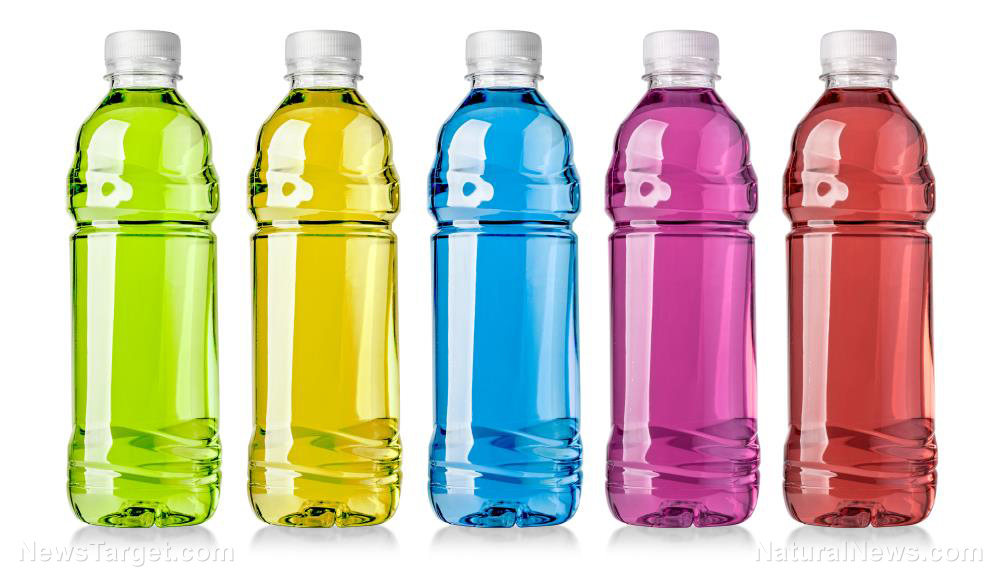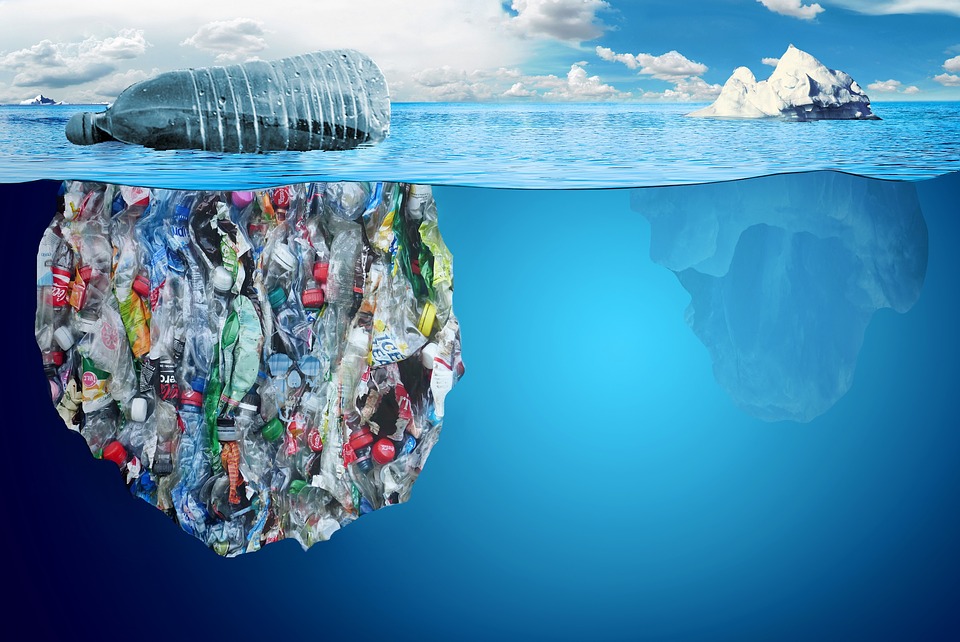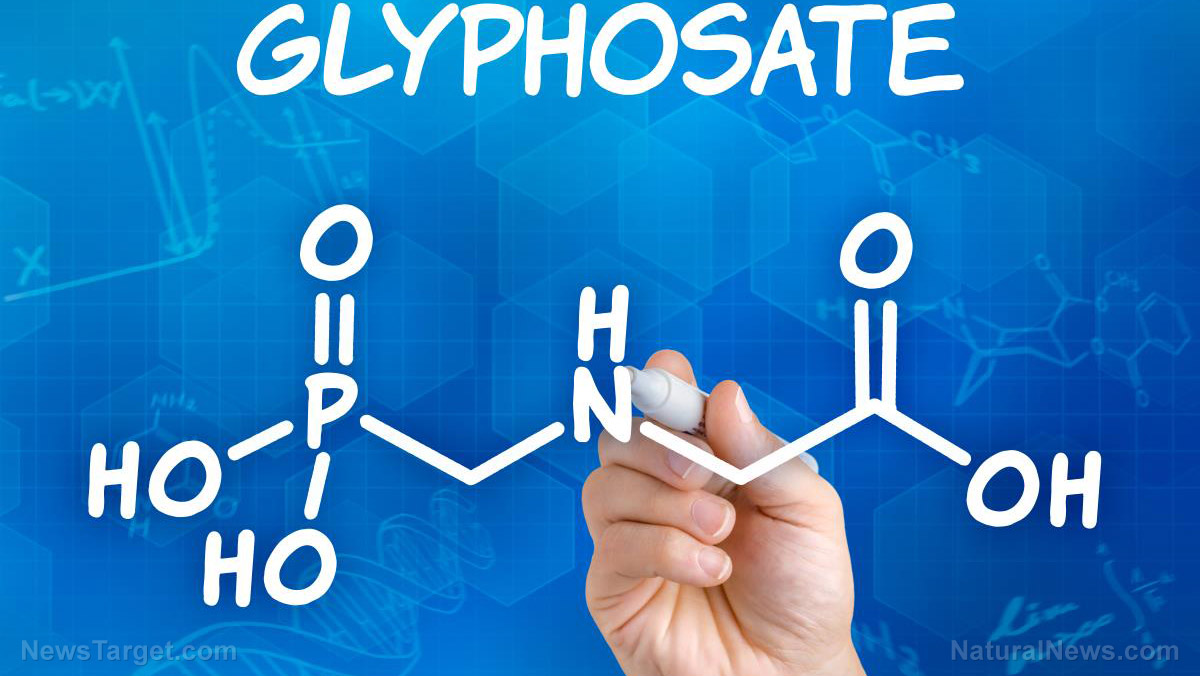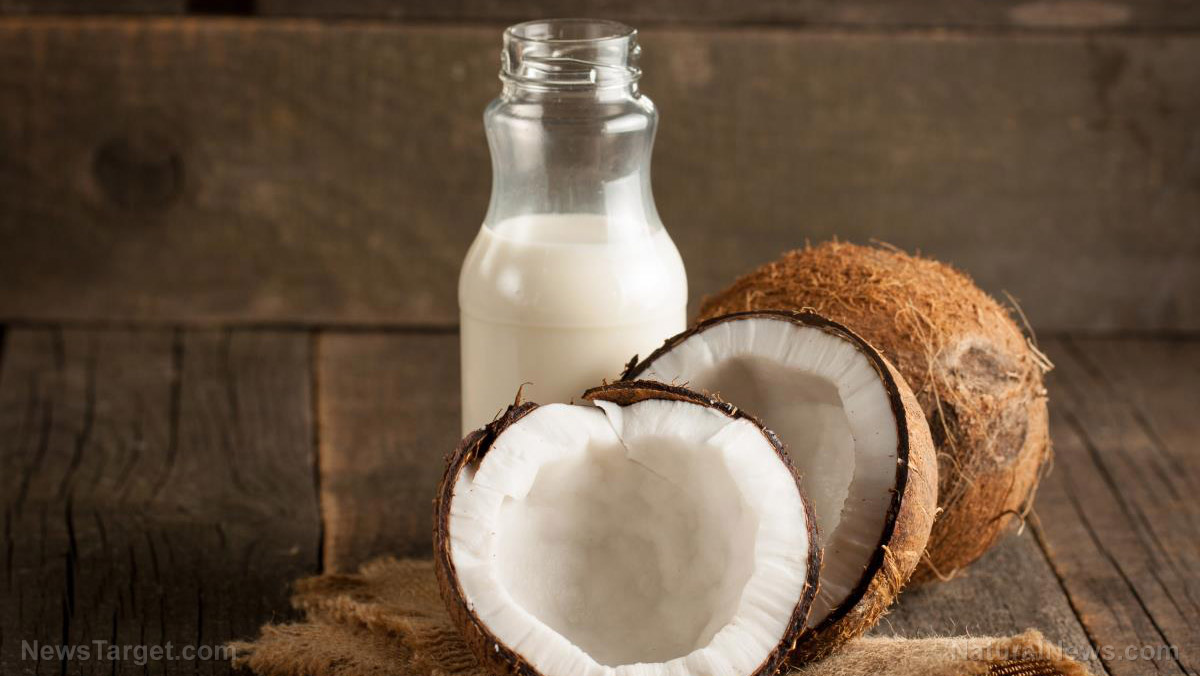The dangers of energy drink consumption
12/27/2018 / By Ellaine Castillo

People are becoming increasingly dependent on caffeinated energy drinks to get the boost they need to get through the day. Unfortunately, these energy drinks are associated with many adverse side effects that young people are especially vulnerable to. In a recent study by Canadian researchers from the University of Waterloo, they found that more than half of young people aged 12 to 24 years old have experienced at least one side effect of drinking energy drinks.
Energy drinks contain different stimulants which include caffeine, sugars, vitamins, amino acids, and herbal supplements. Among these ingredients, many people are most concerned about the harmful effects of caffeine. These include anxiety, headaches, insomnia, vomiting, stomachache, hallucinations, seizures, irregular heartbeat, and even death. Over the years, countless studies have looked at the effects of drinking energy drinks on young people but many of these are confined to the short-term effects of the beverage.
In this study, which was published in CMAJ Open, the researchers conducted a web-based survey involving individuals between the ages of 12 to 24 years old. This survey contained questions regarding energy drink consumption and the incidence of side effects, which include headaches, shaking, difficulty sleeping, fast heartbeat, chest pain, nausea, vomiting, diarrhea, seizures, decreased sexual performance, or dental pain. Additionally, the participants were asked if they ever needed medical attention due to these side effects. To serve as a reference for the harmful effects of energy drinks, the researchers also evaluated the harmful effects of coffee.
Overall, the researchers were able to gather responses from 2,055 respondents. Analysis of the survey results showed that out of 1516 respondents who have tried energy drinks, 55.4 percent of them suffered from at least one harmful effect. This value is higher compared to the percentage of coffee drinkers who have suffered from adverse effects, which was only 36 percent. The most commonly experienced side effects of energy drink consumers include rapid heartbeat and difficulty sleeping, which accounted for 24.7 and 24.1 respectively, followed by headaches (18.3 percent), nausea, vomiting, or diarrhea (5.1 percent), chest pain (3.6 percent), and seizures (0.2 percent). Researchers also discovered that among the participants who experienced adverse side effects, 3.1 percent needed medical attention.
From these results, the researchers concluded that energy drinks have the same effects as caffeine but it affects more young people than coffee. This proves that young people and most likely even adults should stay away from harmful energy drinks. (Related: Energy drinks have a far more drastic effect on heart health than many are aware: Just two drinks a day can make your blood pressure soar.)
Harmful ingredients in energy drinks
Most studies focus on the harmful effects of energy drinks in relation to their caffeine content. However, there are many other ingredients in these drinks that can possibly have adverse side effects. The majority of these ingredients, which include the following, are beneficial in moderation yet they become harmful when consumed in large quantities.
- B vitamins — Many energy drinks contain excessive amounts of vitamins B3 and B6, which are shown to cause problems like skin conditions, gastrointestinal problems, liver toxicity, blurred vision, and nerve damage if consumed in excess.
- Taurine — This amino acid, which is important for neurological development, can cause extremely low blood pressure when consumed in excess. This effect is possibly linked to taurine’s role in regulating the amount of water and minerals in the blood.
- Ginseng, gingko biloba, and guarana — Individually, these herbs are safe and extremely beneficial. But when combined with caffeine and sugar, they can lead to high blood pressure, palpitations, headaches, fatigue, insomnia, dehydration, and kidney failure.
- Sweeteners — Energy drinks contain high levels of sugar, high fructose corn syrup, or artificial sweeteners that can promote weight gains, tooth decay, swelling, and Type 2 diabetes.
For more articles about the harmful effects of energy drinks, visit Products.news.
Sources include:
Tagged Under: caffeinated drinks, caffeine, energy drinks, grocery, toxic ingredients, young people



















